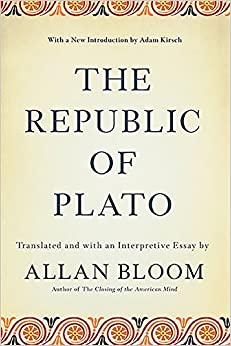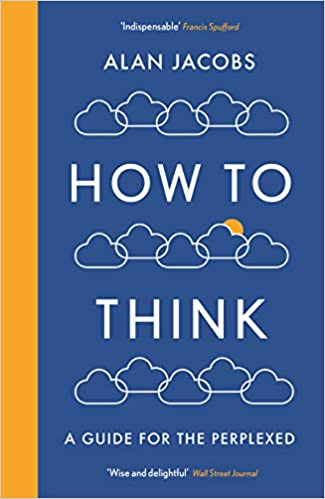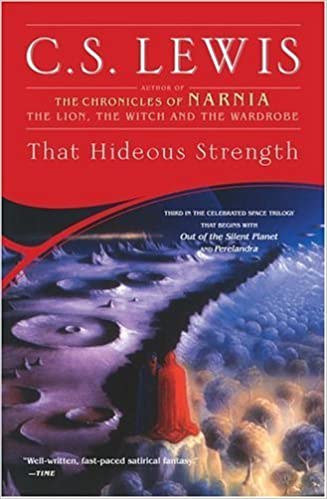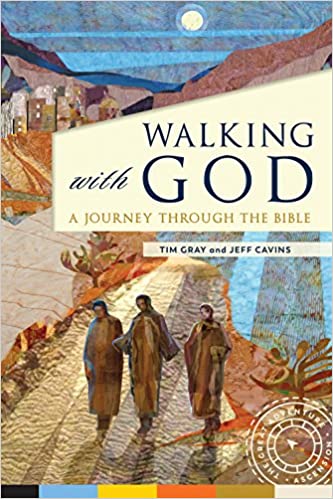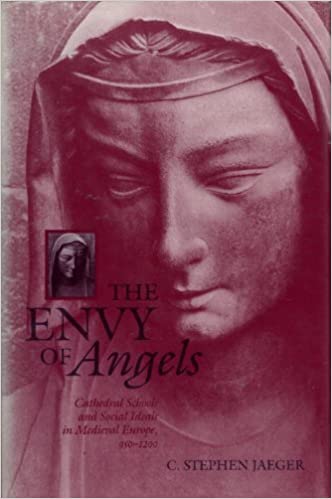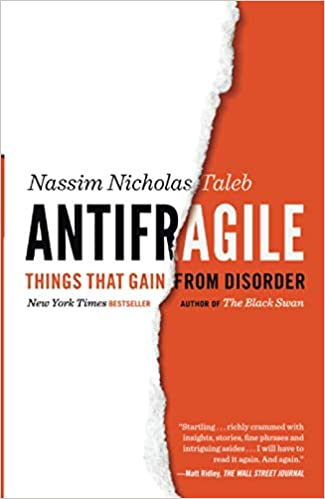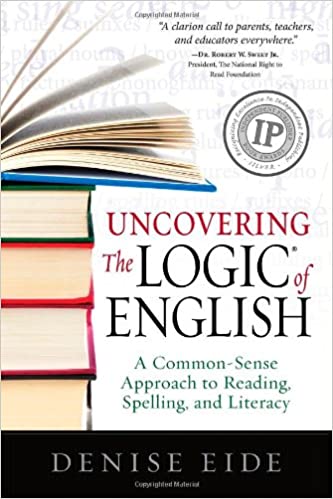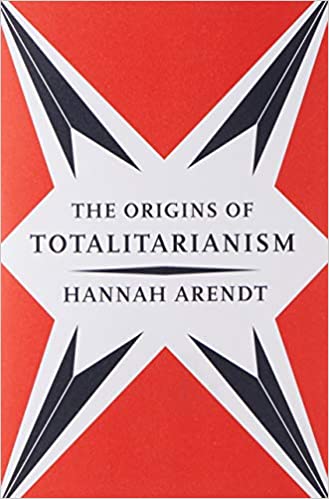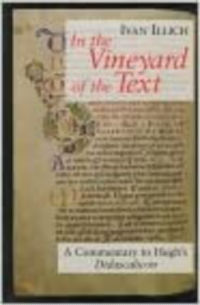The Republic of Plato
The definitive translation of Plato's Republic, the most influential text in the history of Western philosophy
Long regarded as the most accurate rendering of Plato's Republic that has yet been published, this widely acclaimed translation by Allan Bloom was the first to take a strictly literal approach. In addition to the annotated text, there is also a rich and valuable essay -- as well as indices -- which will enable readers to better understand the heart of Plato's intention.
More info →How To Think: A Guide for the Perplexed
How to Think is a contrarian treatise on why we're not as good at thinking as we assume - but how recovering this lost art can rescue our inner lives from the chaos of modern life.
Most of us don't want to think, writes the American essayist Alan Jacobs. Thinking is trouble. It can force us out of familiar, comforting habits, and it can complicate our relationships with like-minded friends. Finally, thinking is slow, and that's a problem when our habits of consuming information (mostly online) leave us lost in the echo chamber of social media, where speed and factionalism trump accuracy and nuance.
More info →Persuasion
Persuasion was the last novel written by Jane Austen, although it wasn’t published until after the author’s death.The story Persuasion is about a young 27 year old Englishwoman, Anne Elliot. Anne’s family moves to lower their expenses and reduce their debt by renting their home to an Admiral and his wife. The wife's brother, Navy Captain Frederick Wentworth, was engaged to Anne in 1806, but the engagement was broken. Anne and Captain Wentworth, both single and unattached, meet again after a seven-year separation, setting the scene for many humorous encounters as well as a second, well-considered chance at love and marriage for Anne in her second "bloom".
More info →That Hideous Strength: A Modern Fairy-Tale for Grown-Ups
In this, the final book in C.S. Lewis's acclaimed Space Trilogy, which includes Out of the Silent Planet and Perelandra, That Hideous Strength concludes the adventures of the matchless Dr. Ransom. Finding himself in a world of superior alien beings and scientific experiments run amok, Dr. Ransom struggles with questions of ethics and morality, applying age-old wisdom to a brave new universe dominated by science. His quest for truth is a journey filled with intrigue and suspense.
More info →Walking with God: A Journey Through the Bible
Written by Dr. Tim Gray and Jeff Cavins, Walking With God unpacks the central story woven throughout Scripture and presents it in an easy-to-read, concise manner. Tim Gray and Jeff Cavins take you on a journey through the narrative books of the Bible the ones that tell the story and present a panoramic view of God s glorious plan of salvation. Their expert commentary dives deep into the mysteries of Scripture, unlocking its riches and showing how these inspired words are meant for you today.
Enter into the scriptures with Walking with God. Witness the fascinating story of our faith unfold, and see how you, at this moment in your life, fit into God's plan for all of humanity.
More info →Wine: A Beginner’s Guide
Everything you need to know about the fruit of the vine―From A to Zinfandel.
If you enjoy wine―but can’t articulate why―you’re not alone! From terroir to global varieties, Wine: A Beginner’s Guide breaks down the complex bouquets of winemaking and tasting into ways that are fun and easy to understand.
Learn what really makes a cabernet sauvignon red. Taste how it’s possible to detect a hint of leather, chocolate, or even rubber in a single sip. Confidently discuss the subtleties of different types of grapes with the guide that has everything you need to know to grow your love of wine.
More info →The Envy of Angels: Cathedral Schools and Social Ideals in Medieval Europe, 950-1200
Before the rise of universities, cathedral schools educated students in a course of studies aimed at perfecting their physical presence, their manners, and their eloquence. The formula of cathedral schools was "letters and manners" (litterae et mores), which asserts a pedagogic program as broad as the modern "letters and science." The main instrument of what C. Stephen Jaeger calls "charismatic pedagogy" was the master's personality, his physical presence radiating a transforming force to his students. In The Envy of Angels, Jaeger explores this intriguing chapter in the history of ideas and higher learning and opens a new view of intellectual and social life in eleventh- and early twelfth-century Europe.
More info →The Liberal Arts Tradition: A Philosophy of Christian Classical Education (Revised Edition)
The Liberal Arts Tradition: A Philosophy of Christian Classical Education introduces readers to a paradigm for understanding a classical education that transcends the familiar 3-stage pattern of grammar, logic, and rhetoric. Instead, this book describes the liberal arts as a central part of a larger and more robust paradigm of classical education that should consist of piety, gymnastic, music, liberal arts, philosophy, and theology. The Liberal Arts Tradition also recovers the means by which classical educators developed more than just intellectual virtue (by means of the 7 liberal arts) but holistically cultivated the mind, body, will, and affections. This is a must-read for educators who want to take a second big step toward recovering the tradition of classical education.
More info →Antifragile: Things That Gain from Disorder
Antifragile is a standalone book in Nassim Nicholas Taleb’s landmark Incerto series, an investigation of opacity, luck, uncertainty, probability, human error, risk, and decision-making in a world we don’t understand. The other books in the series are Fooled by Randomness, The Black Swan, Skin in the Game, and The Bed of Procrustes.
More info →Uncovering the Logic of English: A Common-Sense Approach to Reading, Spelling, and Literacy
Discover this revolutionary method that Dr. Temple Grandin called "really helpful for teaching reading to children who are mathematical pattern thinkers..."
Predominant reading methods require students to break the complex code of English without help. This has resulted in low literacy rates and explains why many highly educated professionals cannot spell. By revealing the logical patterns underlying 98% of English words, Uncovering the Logic of English eliminates the need to guess and provides a logical solution to English spelling.
Simple answers are given for questions such as:
- Why is there a silent final E in have?
- Why don't we drop the E in noticeable?
- Why is discussion spelled with -sion rather than -tion?
As the rules unfold it becomes apparent how this knowledge is vital to reversing the educational crisis that is plaguing America. This slim volume is easy to read and accessible to parents and classroom teachers. A thorough appendix summarizes the most important concepts for quick reference.
More info →The Origins of Totalitarianism
The Origins of Totalitarianism begins with the rise of anti-Semitism in central and western Europe in the 1800s and continues with an examination of European colonial imperialism from 1884 to the outbreak of World War I. Arendt explores the institutions and operations of totalitarian movements, focusing on the two genuine forms of totalitarian government in our time—Nazi Germany and Stalinist Russia—which she adroitly recognizes were two sides of the same coin, rather than opposing philosophies of Right and Left. From this vantage point, she discusses the evolution of classes into masses, the role of propaganda in dealing with the nontotalitarian world, the use of terror, and the nature of isolation and loneliness as preconditions for total domination.
More info →In the Vineyard of the Text: A Commentary to Hugh’s Didascalicon
In a work with profound implications for the electronic age, Ivan Illich explores how revolutions in technology affect the way we read and understand text.
Examining the Didascalicon of Hugh of St. Victor, Illich celebrates the culture of the book from the twelfth century to the present. Hugh's work, at once an encyclopedia and guide to the art of reading, reveals a twelfth-century revolution as sweeping as that brought about by the invention of the printing press and equal in magnitude only to the changes of the computer age—the transition from reading as a vocal activity done in the monastery to reading as a predominantly silent activity performed by and for individuals.
More info →
